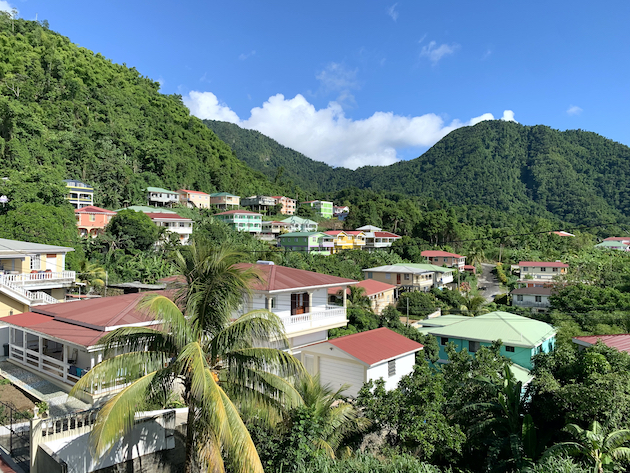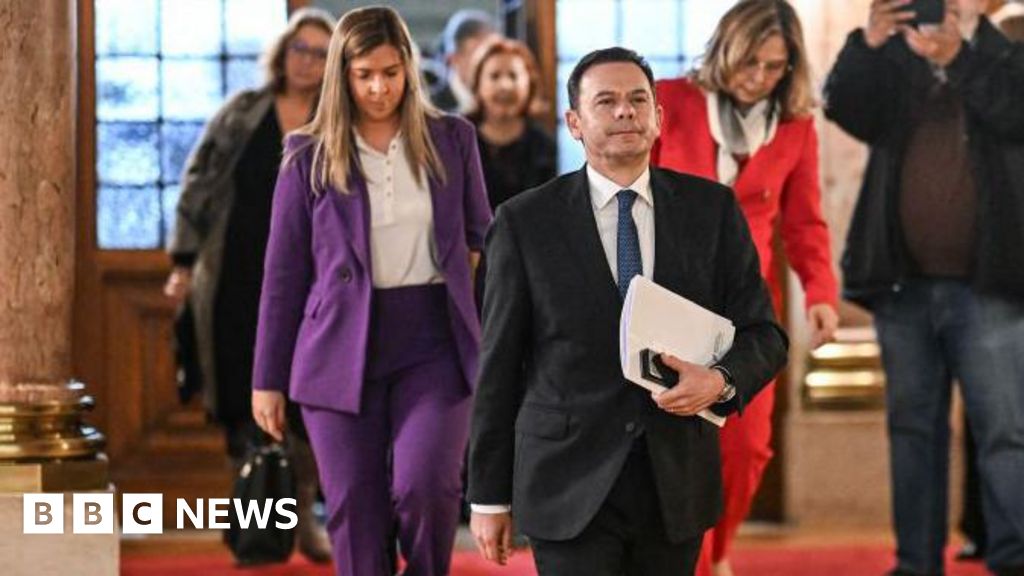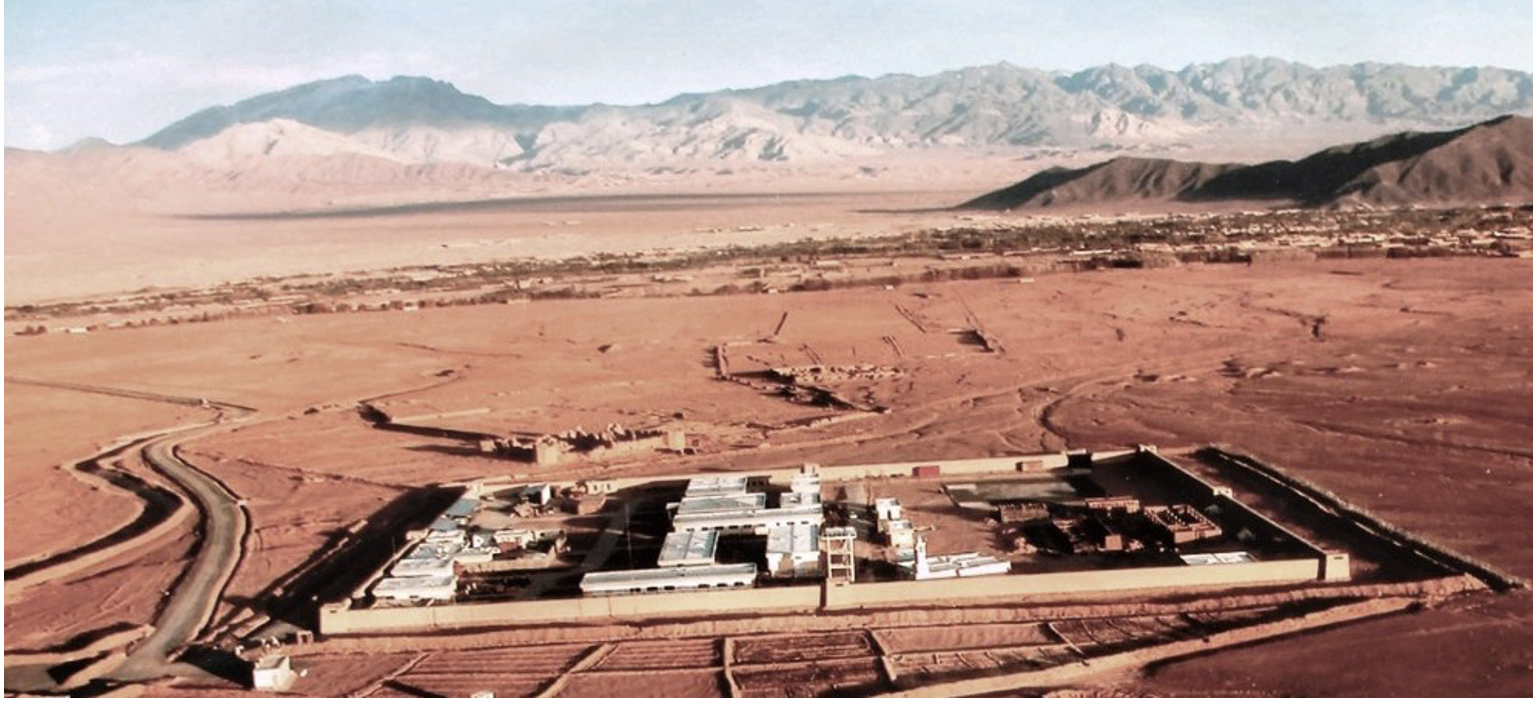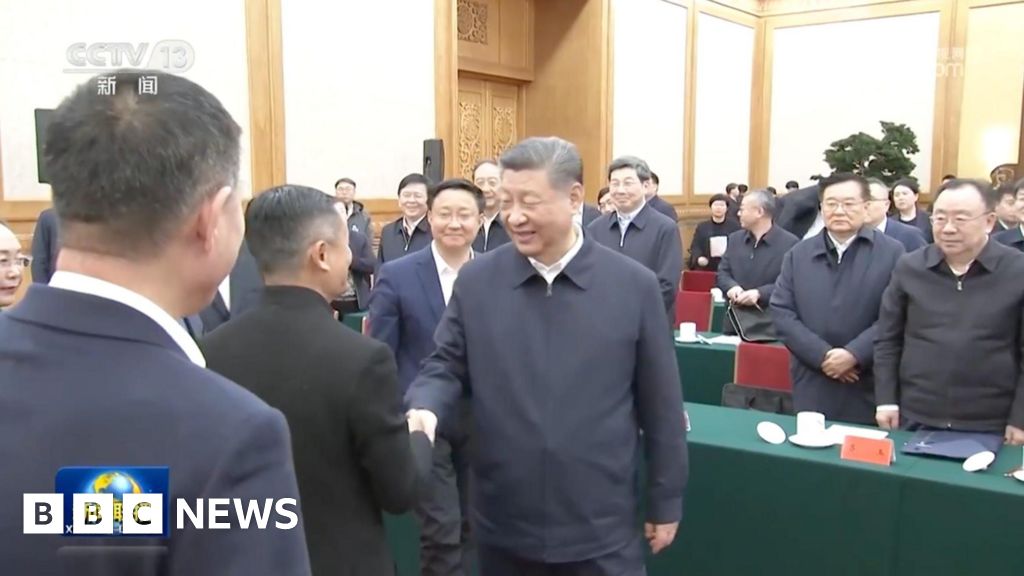English and Dutch Caribbean Rally Around UN Sustainable Development Framework — Global Issues
DOMINICA, May 02 (IPS) – Caribbean countries are signing on to the 2022-2026 agreement, hoping for increased development support to improve health, education and social services, while tackling climate-related challenges.When Dominica signed on to the United Nations Multicountry Sustainable Development Framework for the English and Dutch Speaking Caribbean (MSDCF) in March, the country joined others like Saint Lucia, St. Vincent, and the Grenadines, Suriname, and Aruba as part of a 5-year framework to plan and implement UN development initiatives.
Support for the 2022 to 2026 agreement has continued to grow since December 2021, when Antigua and Barbuda, Barbados, and Guyana signed the cooperation framework, which hopes to help nations achieve the 2030 Agenda for Sustainable Development.
For countries in the Caribbean, one of the most vulnerable regions globally, the framework is a critical instrument, based on building climate and economic resilience, the promotion of equality, and enhancing peace, safety, and the rule of law.
It is also crucial for a country like Dominica which in 2017 lost US$1.4 billion, or 226% of its GDP to Hurricane Maria. The small island state has been on a mission to build resilience across sectors through initiatives like its Climate Resilience and Recovery Plan, while grappling with the impacts of the COVID-19 pandemic on the economy.
The country’s representatives have used platforms like the United Nations General Assembly to urge development partners to consider the unique vulnerabilities of small island states in their support packages.
The country’s Prime Minister Roosevelt Skerrit says the UN framework will help Caribbean governments to implement programs that strengthen health, education, and social services while contributing to economic growth.
“We are operating in a tumultuous period defined by huge environmental and climate-related challenges, conflict, and economic uncertainty. The agreement proposes to help our small territories confront the trials of our time and achieve economic resilience and prosperity. It is cause for optimism as we devise ways to tackle our common problems together,” he said.
The agreement builds on a 2017-2022 framework which was signed by 18 Caribbean countries. Initiatives under that framework focused on areas such as building Caribbean resilience and the implementation of low-emission, climate-resilient technology in agriculture.
UN officials say that the new agreement, referred to as ‘the second-generation framework,’ considers lessons learned. Developed during the pandemic, it also acknowledges that COVID-19 has compounded structural vulnerabilities for Caribbean countries, which must now ‘build back better.’
“This new agreement opens a new era of cooperation to drive collaboration and mutual commitment for the people of Dominica,” UN Resident Coordinator for Barbados and the Eastern Caribbean Didier Trebucq said at the Dominica signing.
For months, leaders across the Caribbean have been speaking of being at risk of not meeting the Sustainable Development Goals, as they redirect scarce resources to cope with the protracted pandemic.
According to preliminary data from the UN, Goals 1 to 6, known as the ‘people-centered goals,’ have been severely impacted by COVID-19.
The Prime Minister of Barbados, the first leader in the Barbados and OECS grouping to sign the MSDCF, said the pandemic slowed progress towards meeting SDG targets.
“We’re going to have problems in the battle with poverty, we’re going to have problems in making sure that people don’t go hungry, we’re going to have problems in making sure that people have access to good health and well-being, as we know, is already happening in the pandemic. We’re going to have problems in delivering quality education and who have been the greatest victims of this pandemic if not our children across the world, many of who have been denied access to education because they don’t have access to things like electricity and online tools in order to be able to receive it,” Prime Minister Mia Mottley said, referencing Goals 1 to 4.
She said Goal 5 and 6 – Gender Equality and Clean Water and Sanitation are also at risk, noting that women have been disproportionately affected by COVID-19, while countries like Barbados continue to be concerned with access to groundwater in the face of the climate crisis.
The MSDCF was developed by the six UN Country Teams, after rounds of consultation with government agencies, the private sector, development partners, and civil society organizations.
It will function at two levels; regionally by adopting joint approaches to common challenges and nationally to tackle country and territory-specific issues and vulnerabilities while helping governments to prepare for future external shocks.
According to the MSDCF, the vision is for the region to become more resilient, “possess greater capacity to achieve all the SDGs, and become a place where people choose to live and can reach their full potential.”
It promises to provide more effective support to signatory countries, through streamlined use of UN resources and in keeping with the goals of the recently approved UN Development system reform.
It hopes to accelerate progress towards achieving the SDGs and facilitate faster recovery from the socio-economic and health impact of COVID-19, with one regional voice on a shared development path.
IPS UN Bureau Report
Follow @IPSNewsUNBureau
Follow IPS News UN Bureau on Instagram
© Inter Press Service (2022) — All Rights ReservedOriginal source: Inter Press Service
Check out our Latest News and Follow us at Facebook
Original Source







